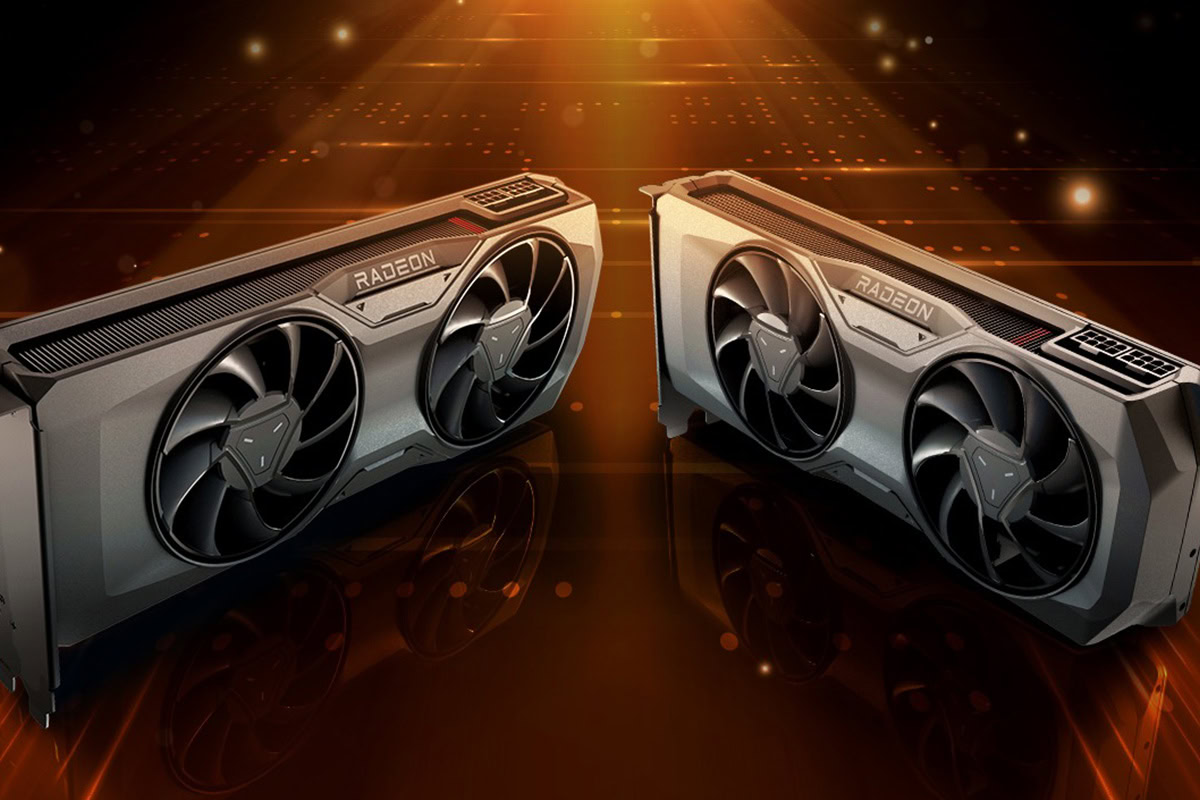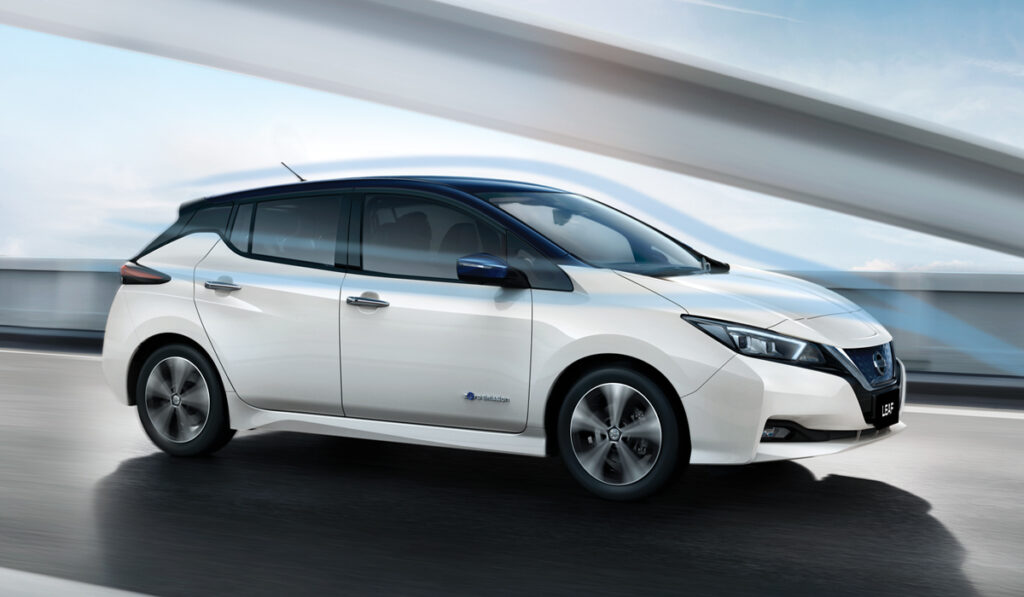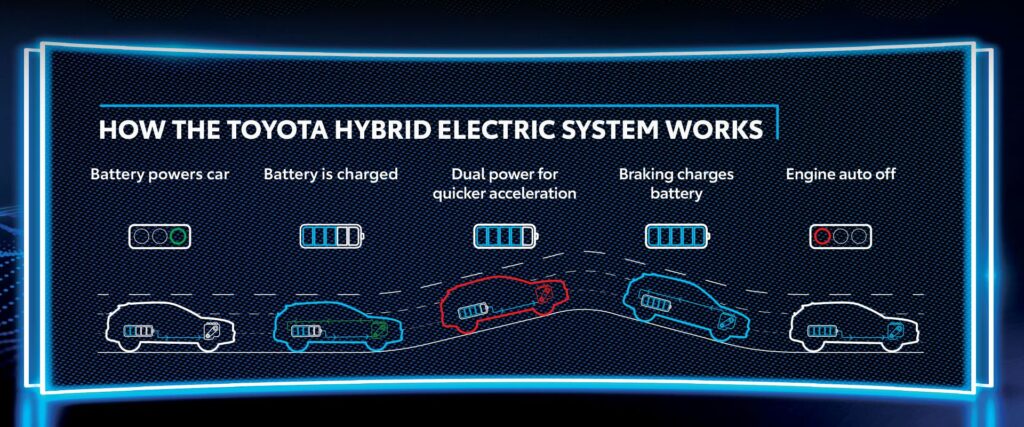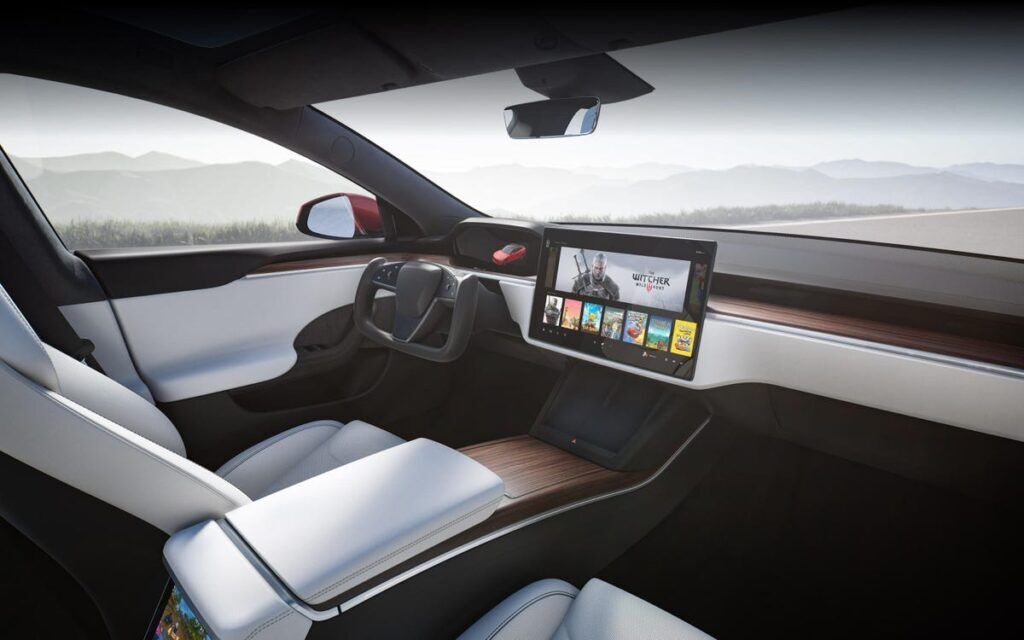Electric Vehicles vs. Petrol Cars: Navigating the Road to a Greener Future
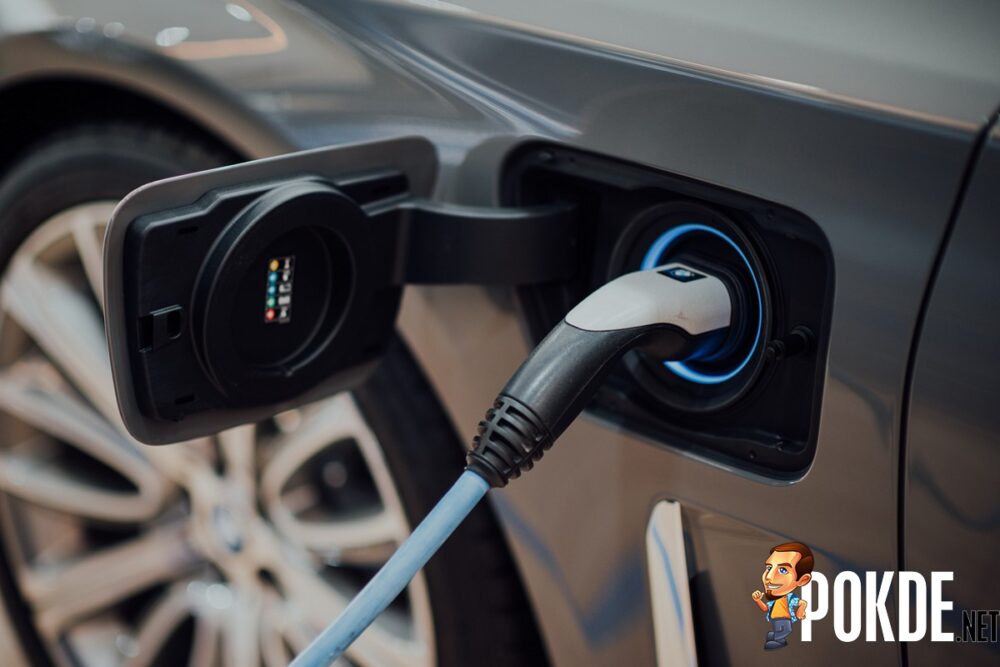
In the dynamic landscape of modern transportation, the choice between electric vehicles (EVs) and traditional petrol cars has become a pivotal decision for consumers. As potential buyers grapple with questions about costs, environmental impact, and driving experience, it becomes crucial to weigh the key aspects of these two propulsion technologies. Today, we compare the two against each other so you can be more informed on your purchasing decisions.
Running and Purchasing Costs: An Uphill Climb for EVs
The hurdle that often slows the growth of the electric vehicle market is the higher upfront cost compared to petrol cars. EVs, exemplified by models like the Hyundai Kona Electric and Nissan Leaf, tend to be pricier due to the manufacturing cost of batteries and the novelty of electric technology. Battery companies are actively working to reduce these costs, making EVs more accessible in the future. For now, however, opting for an electric vehicle requires a higher initial investment.
Electric cars have a clear advantage when it comes to the cost of running. Running on electricity, which is generally cheaper than fuel, EVs offer substantial savings. In Malaysia, for instance, the electricity required to charge an electric vehicle costs nearly 40% less than the equivalent fuel for a petrol vehicle covering the same distance. With the convenience of overnight charging at home and the availability of fast-charging stations, EVs bring both economic and practical benefits.
Maintenance: The Long-Term Advantage of Electric Vehicles
While the purchase cost of electric cars may be steep, the maintenance and service expenses are comparatively lower than their petrol counterparts. Electric vehicles have fewer moving parts, reducing the need for regular maintenance associated with internal combustion engines. The simplicity of electric vehicle mechanics results in fewer service center visits, primarily focusing on battery health inspections and brake fluid top-ups. However, do keep in mind for now that if there ever comes a need to replace the battery, it could cost a fortune depending on the car.
For example, myTukar reports that that a 24kWh battery for the Nissan Leaf could cost around RM11,000, and it could go up to RM30,000 for the 40kWh battery. As the battery is expected to last a decade, we could be looking at about RM3,000 per year just for the battery alone. DSF.my also reported that a replacement battery for the Tesla Model 3 / S could cost anywhere between RM53,000 to RM66,000 while the Mustang Mach-E is over USD $23,000, approximately RM106,950.
Driving Experience: Silent Efficiency of EVs
Electric vehicles redefine the driving experience with their silent and smooth operation. Electric motors, the sole moving parts in EVs, deliver high torque and quick acceleration without the noise generated by traditional internal combustion engines. The absence of gears, clutches, and engine-related vibrations provides a vibration-free and serene driving experience.
Regenerative Braking: Maximizing Efficiency
A notable feature in hybrid and electric cars, regenerative braking enhances overall efficiency by capturing and recycling energy during braking. This system minimizes energy wastage, converting it into electricity and returning it to the vehicle. While petrol cars lack this feature, EVs leverage regenerative braking to extend their range and promote energy conservation. A popular and recent car to make good use of this technology is the Toyota Corolla Cross Hybrid Electric.
CO2 Emissions: Driving Towards a Greener Tomorrow
Petrol cars, powered by internal combustion engines, release harmful gases during operation. Electric vehicles, in contrast, produce zero emissions, contributing to a cleaner environment. The absence of fuel combustion in EVs makes them an environmentally conscious choice, addressing the growing concern about air pollution and its impact on both nature and human health.
Conclusion
In conclusion, the decision between electric vehicles and petrol cars involves a delicate balance of factors. While the upfront cost of EVs remains a consideration, the long-term benefits of reduced running costs, lower maintenance expenses, and environmental sustainability tip the scales in favor of electric vehicles. As technology advances and the automotive industry continues its green evolution, the roads are witnessing a transformative journey towards a more sustainable and efficient future.
For more useful info and breakdowns, stay tuned to Pokde.net.









